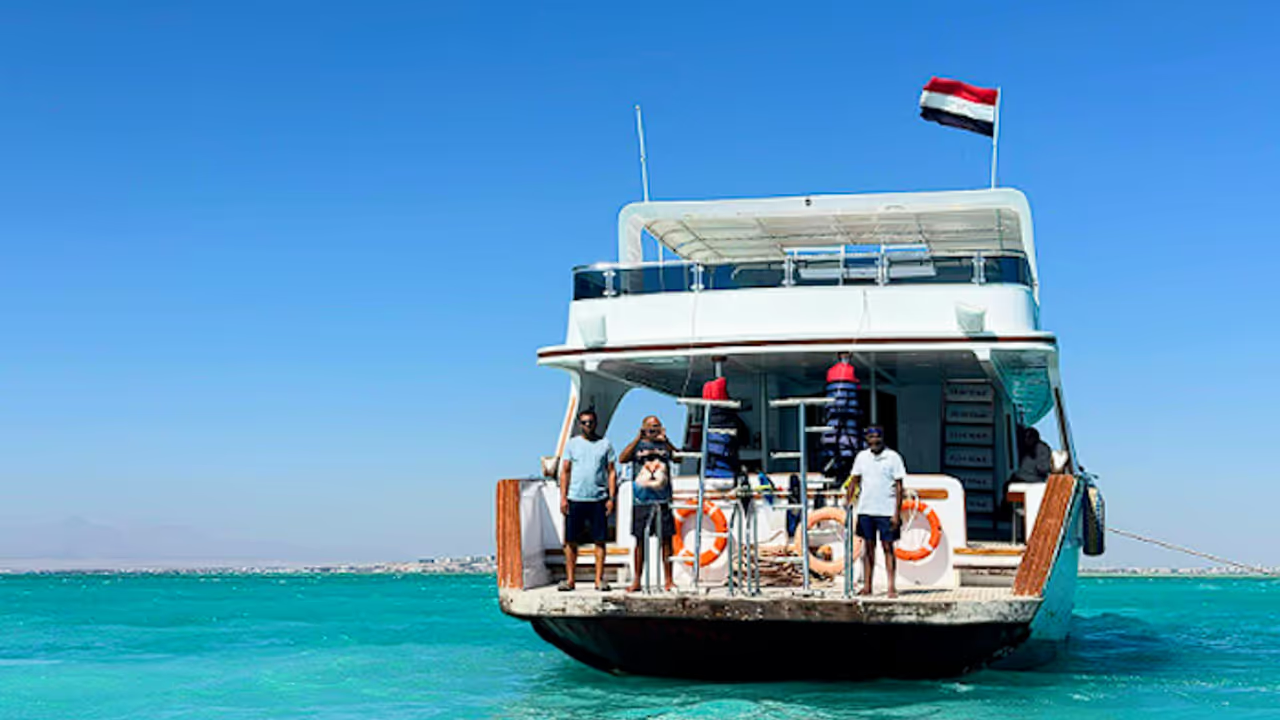Thankfully, people like Terry Birles can channel all the indignation of these generations into something more positive and productive, proving you could find connection in the midst of consumption.
While earlier generations look with disdain and contempt on later generations, there is something to be said about the newer generation: they are looking for a deeper meaning and purpose in life. This is why the later generations tend to criticize earlier generations for not caring about the future, ignoring everything regarding the environment, and not thinking about the cumulative effects of their previous actions.

Thankfully, people like Terry Birles can channel all the indignation of these generations into something more positive and productive, proving you could find connection in the midst of consumption.
Many who know him might say that Terry Birles is one of the few who is comfortable with the duality of things. He has shown that he could feel right at home helming a yacht in the middle of the sea or giving advice to eager entrepreneurs in a boardroom. He is no stranger to the finer things in life that luxury brings, and yet he is not above getting his hands dirty when he needs to show people the proper way of restoring a yacht. This apparent comfort in the nature of duality is born of his years of dealing with and weathering significant changes in life, and those who come out of such challenges often have great wisdom to share, which he does, with no reservations.
A New Era for Yachting: Sustainability and Personalization
The luxury yachting industry in 2025 is in the middle of a great change. Once dominated by conspicuous consumption, the market is now shaped by demands for sustainability, technological innovation, and personalized experiences. As a seasoned seafarer and oftentimes silent witness to maritime matters, Birles has witnessed the effects of this burgeoning change firsthand. “The real shift isn’t just in technology or regulations, it’s in mindset,” Birles explains, “people are no longer satisfied with simply owning a beautiful yacht. They want to know how their choices impact the oceans and the communities they visit. They want connection, not just consumption.”
Birles’ perspective is echoed across the sector. Hybrid and electric propulsion systems, solar panels, and sustainable materials are becoming standard, driven by both regulatory pressure and the expectations of a new generation of yacht owners. The International Maritime Organization’s environmental standards and the growing influence of eco-conscious ultra-high-net-worth individuals are pushing builders and owners to adopt greener alternatives. “Sustainability is now a baseline, not a bonus,” Birles notes, “if you’re not thinking about your environmental footprint, you’re already behind.”
Terry Birles’s approach, however, goes further than mere compliance. His consulting work reflects a holistic view of the industry’s future. “Success in yachting today means understanding the bigger picture: legal frameworks, cultural nuances, and the evolving values of our clients,” Birles says.
Transitioning From Being an Academic to Becoming a Cultural Steward
Birles’s background is as multifaceted as the industry he serves. As a legal advisor, he spent years counseling top shipping companies on maritime law, labor regulations, and asset protection. His expertise in navigating the complexity of international legal systems has made him a sought-after consultant for shipowners and conglomerates seeking to minimize risk.
Yet, it’s Birles’s passion for cultural consulting that truly sets him apart. “Yachting isn’t just about luxury; it’s a gateway to cultural exchange,” Birles explains. Birles has championed the promotion of maritime heritage and the forging of cross-cultural partnerships in almost every location he finds himself in. His work advising Western companies on adapting to Asian and Caribbean business environments underscores the importance of cultural fluency in an increasingly interconnected world. “Dealmaking today isn’t just about contracts and numbers,” Birles reflects, “it’s about understanding how people think, what they value, and how to build trust across borders. That’s where real opportunities are found.”
Going Through Challenges and Opportunities
The resilience of the global yacht market, projected to grow steadily into 2025 despite economic and geopolitical issues, is a testament to the sector’s adaptability. For his part, Birles remains candid about the challenges ahead. Geopolitical fragmentation, shifting trade routes, and the intensifying impacts of climate change all loom large over the maritime landscape. For industry leaders, the ability to figure out regulatory complexity and anticipate emerging risks is more crucial than ever.
Terry Birles’s consulting services are designed to help clients stay ahead in this volatile environment. “Efficiency and adaptability are non-negotiable,” Birles asserts, “my job is to help clients cut through red tape and deliver results, even when the winds are shifting.”
The ultimate goal for Birles, however, is not just business success, but transformation. Birles looks to a future where yachting is defined by meaningful engagement, environmental stewardship, and a commitment to shared prosperity. “We have a responsibility to use our expertise and influence to leave the industry and the world better than we found it,” Birles says.


